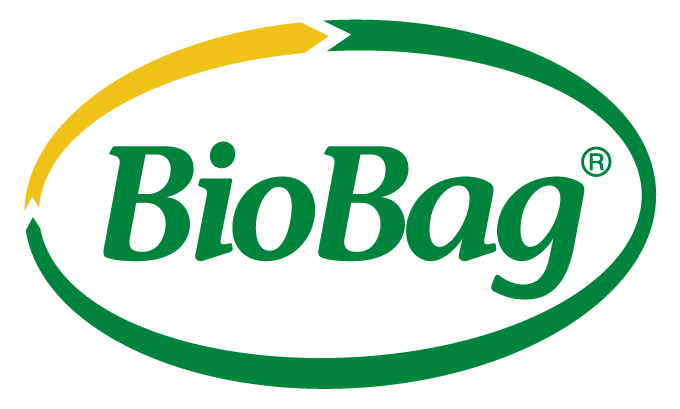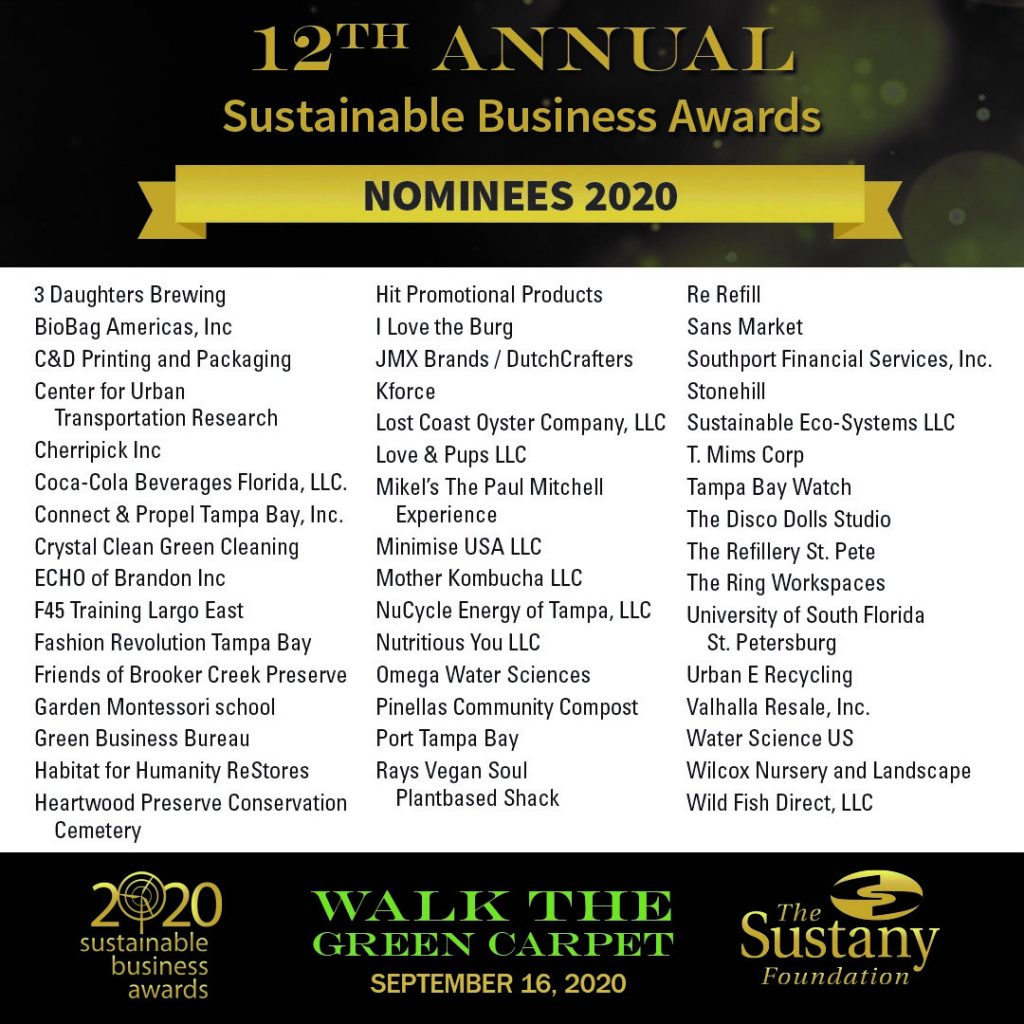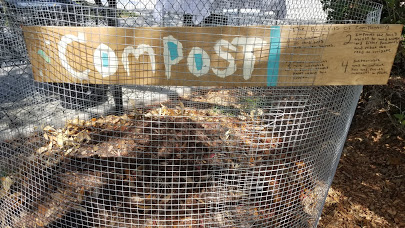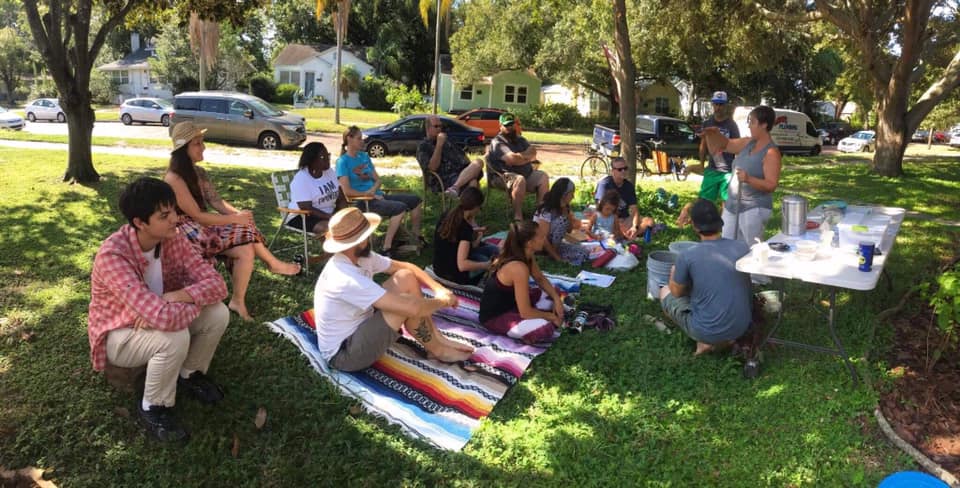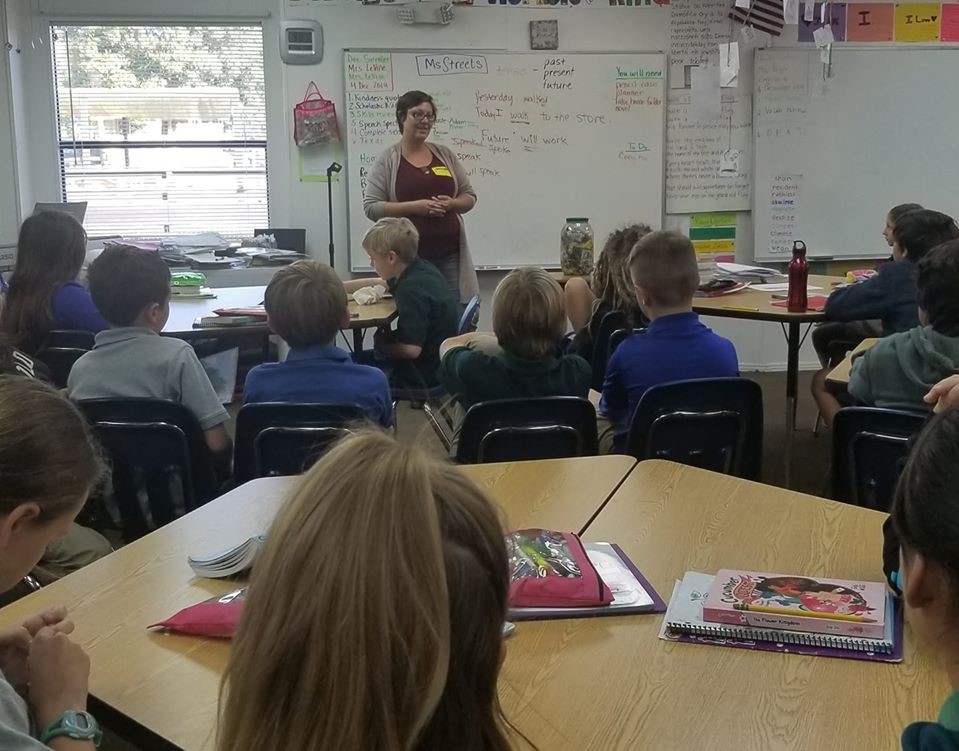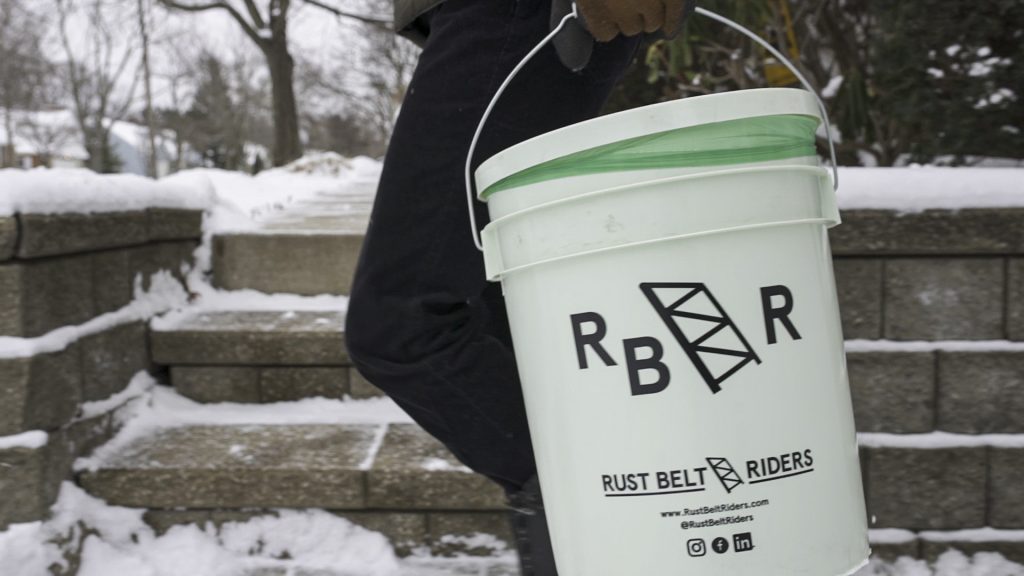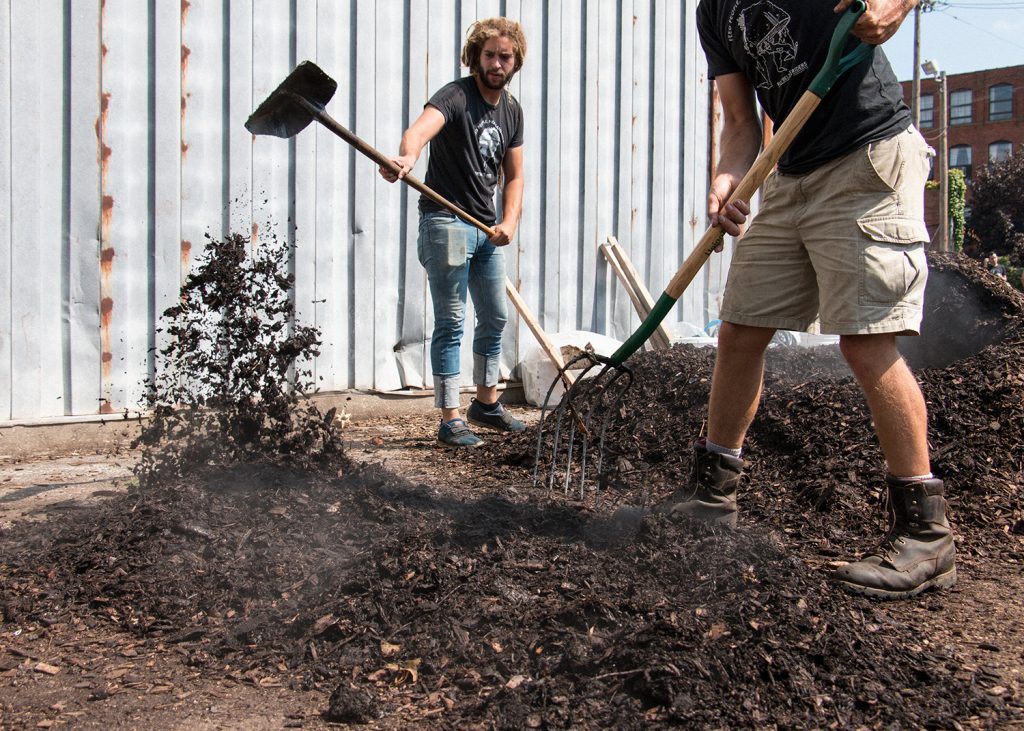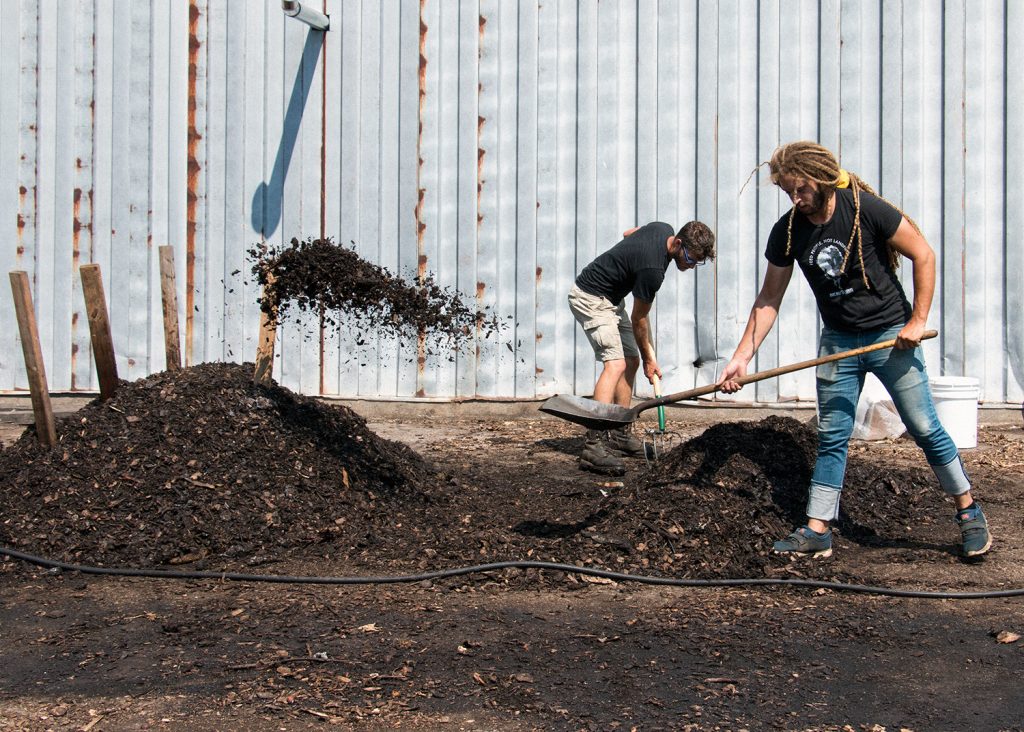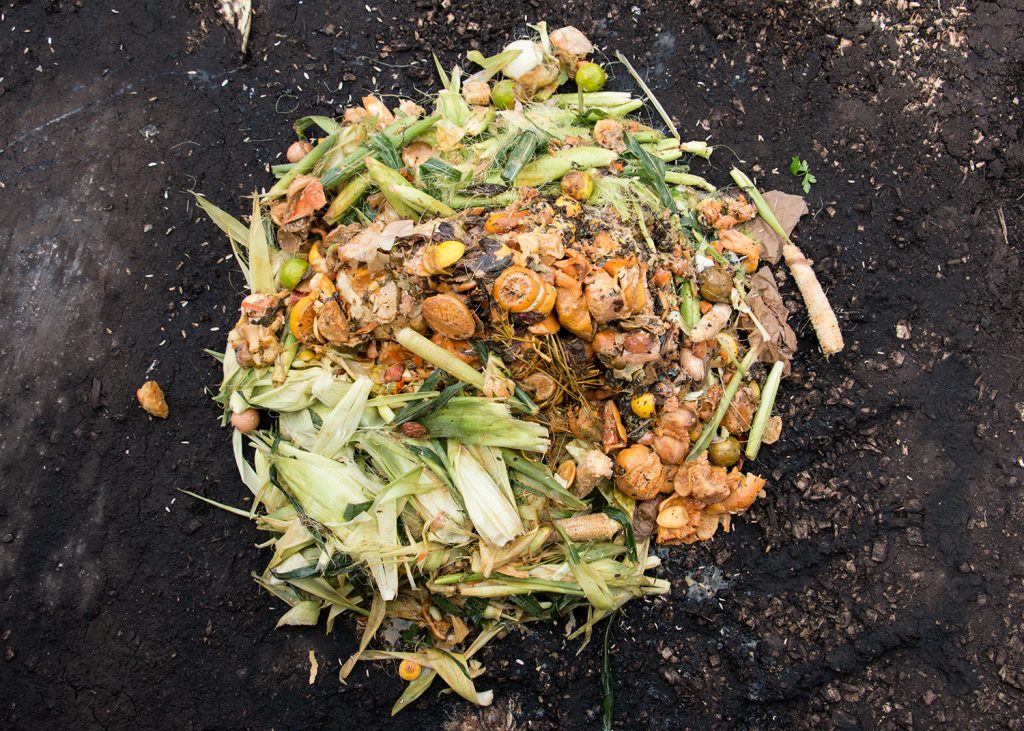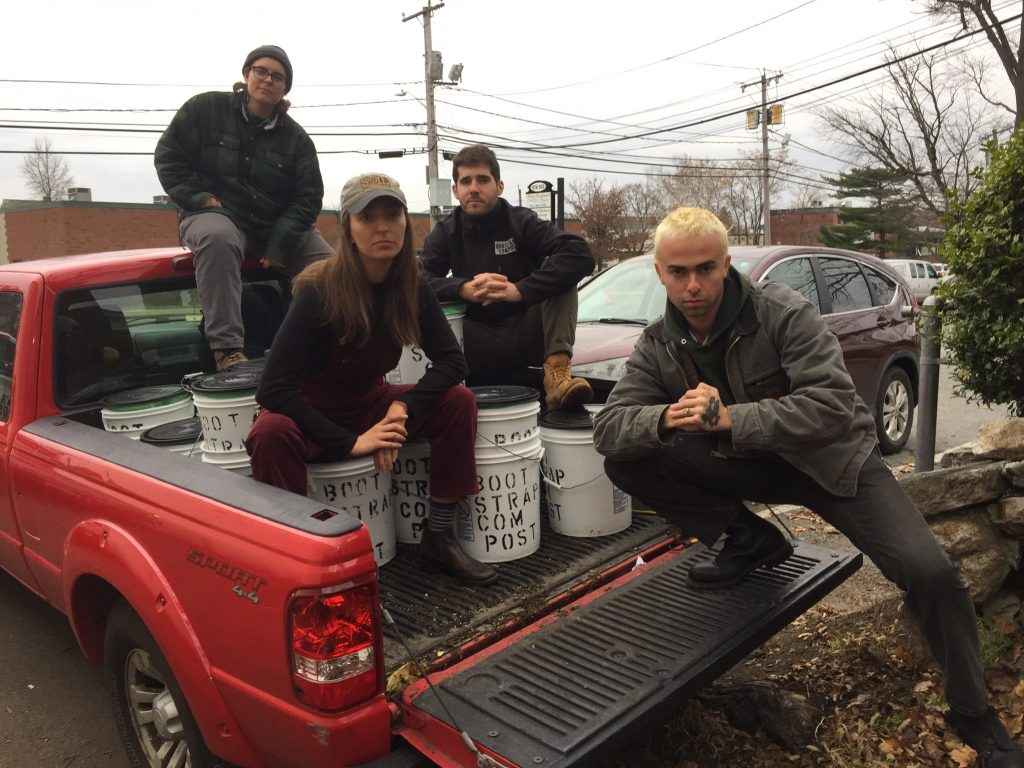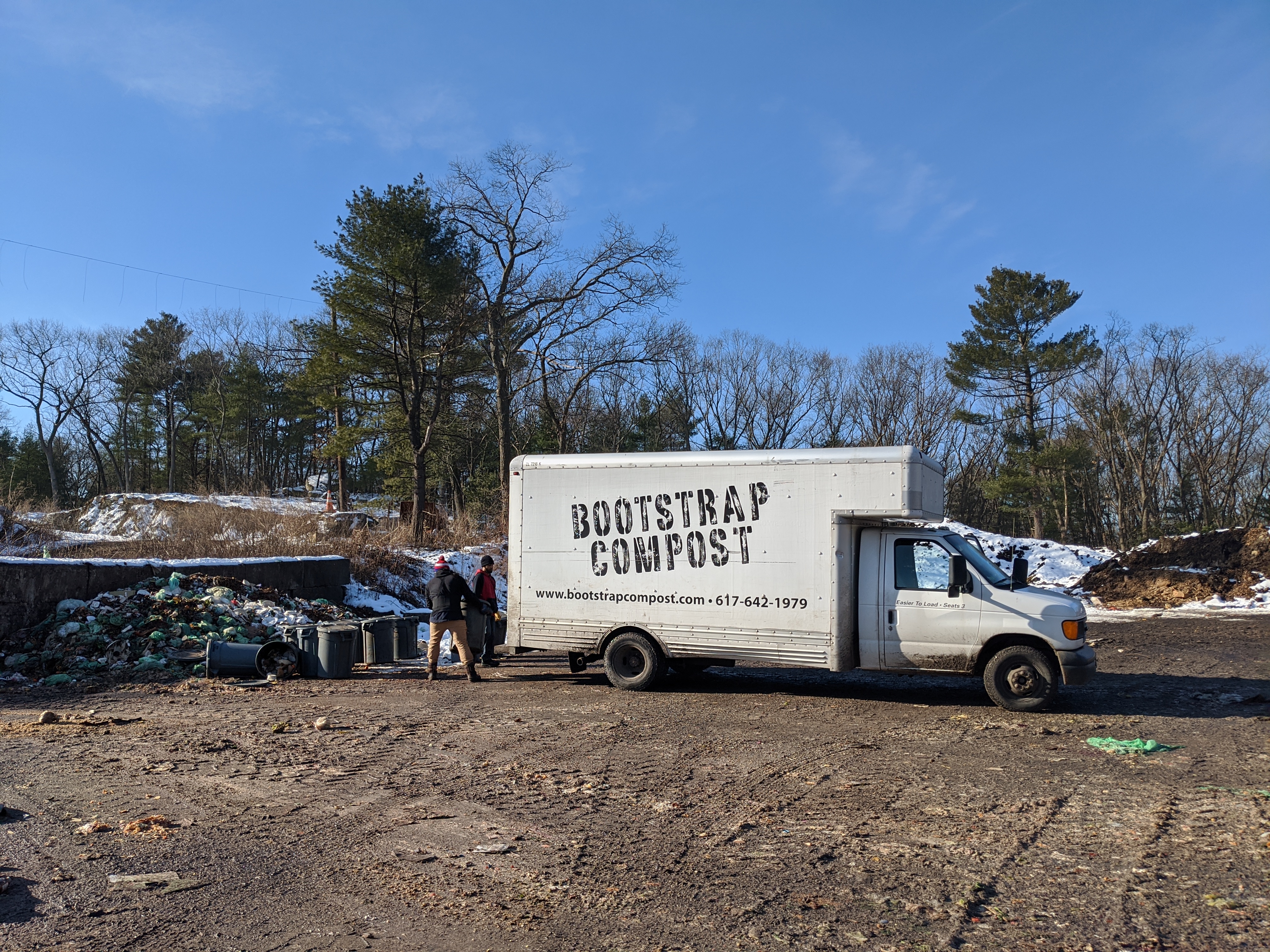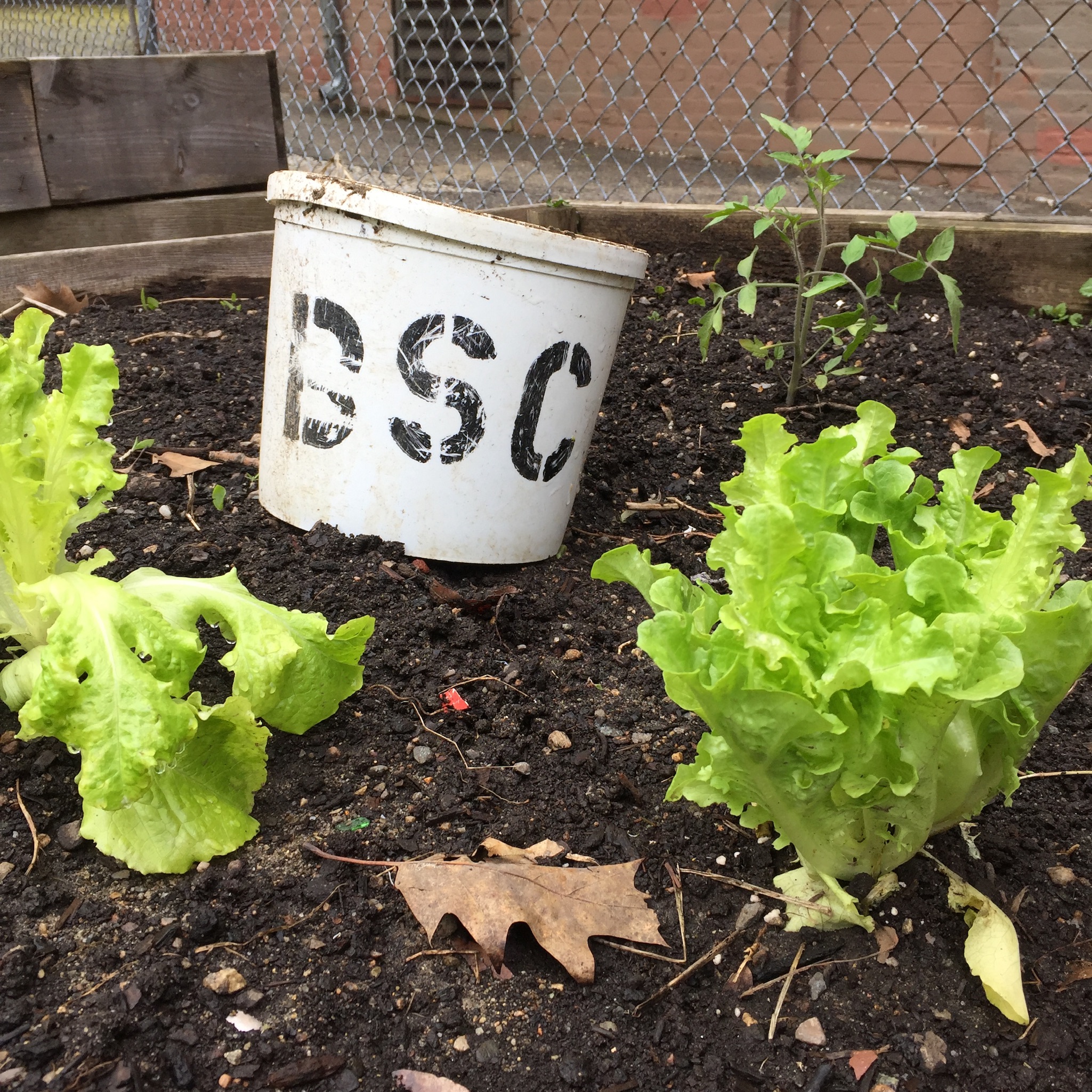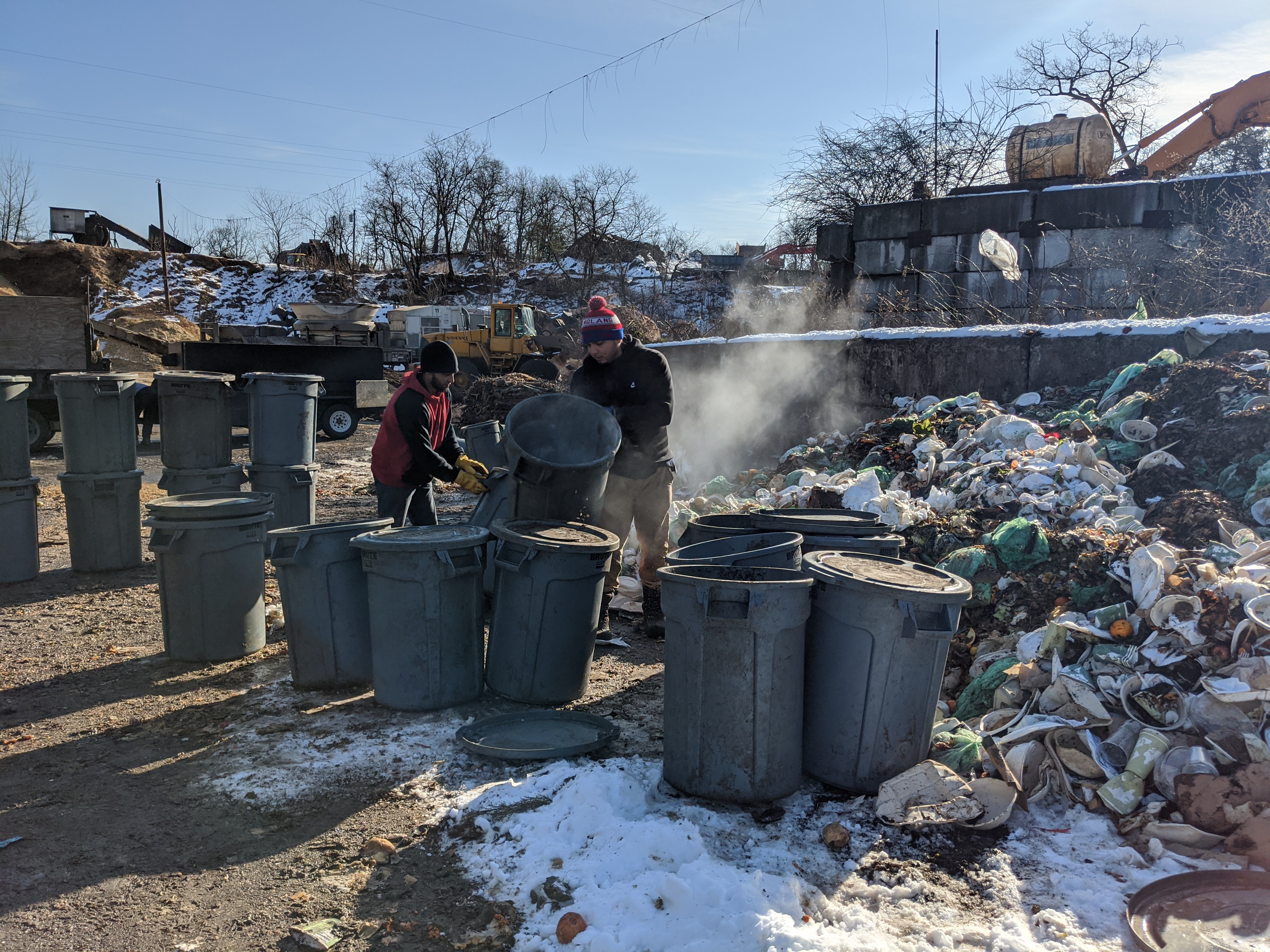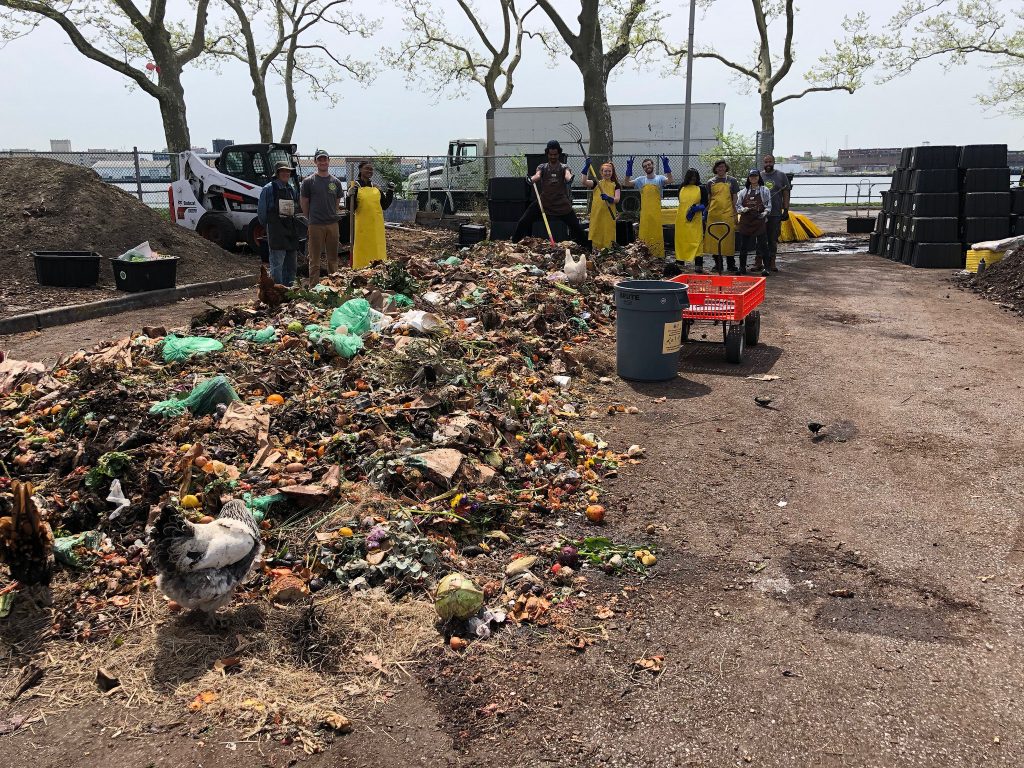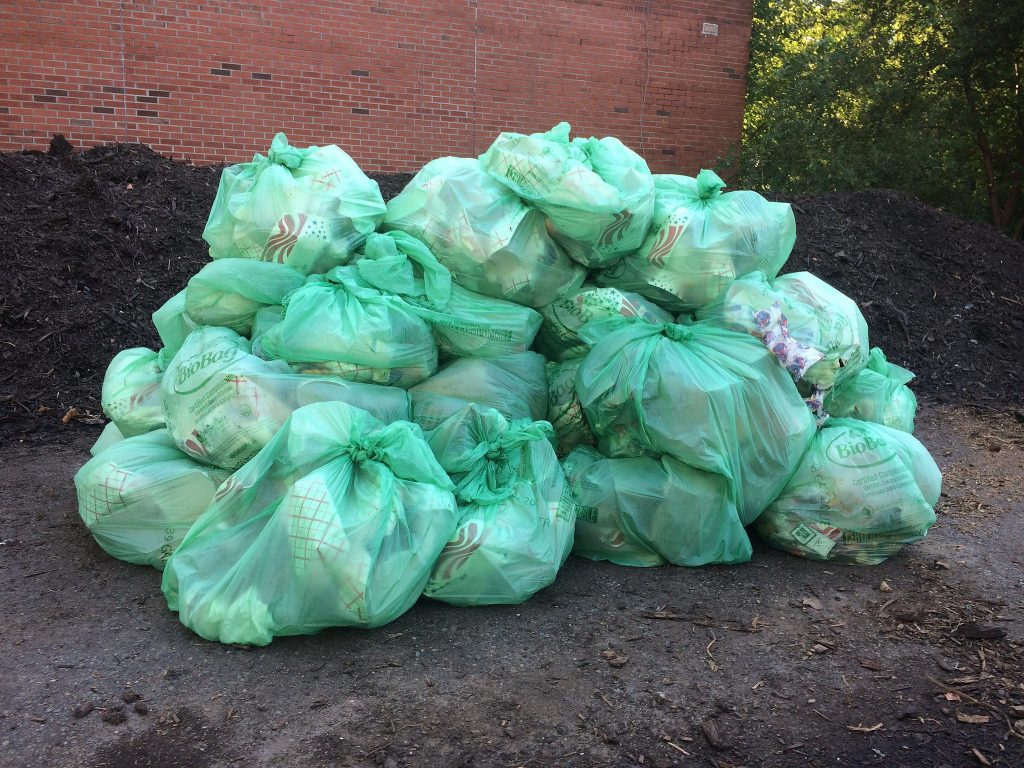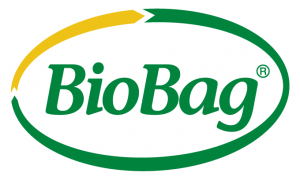Welcome to BioBag’s Community Heroes series! Each month, we will highlight community heroes that are making a difference in their communities and working to make their local environments cleaner and healthier.
This month, we are taking a look at Black Earth Compost!
Black Earth Compost was founded in January 2011, in Gloucester, Massachusetts. Originally a one man, one truck company, it has steadily grown to become the leading full service compost company in New England. Black Earth Compost is dedicated to collecting food scraps from residents, schools, supermarkets, colleges, and more. They then return the compost they create to consumers, selling it in garden centers across Massachusetts and southern New Hampshire. BioBag Associate Michael Downss spoke to Conor Miller, founder of Black Earth Compost. Their interview is transcribed below.
What led you to start your composting operation?
Conor: I lived in Seattle and had curbside compost and thought this should be in MA because composting is important for reducing waste and growing food.
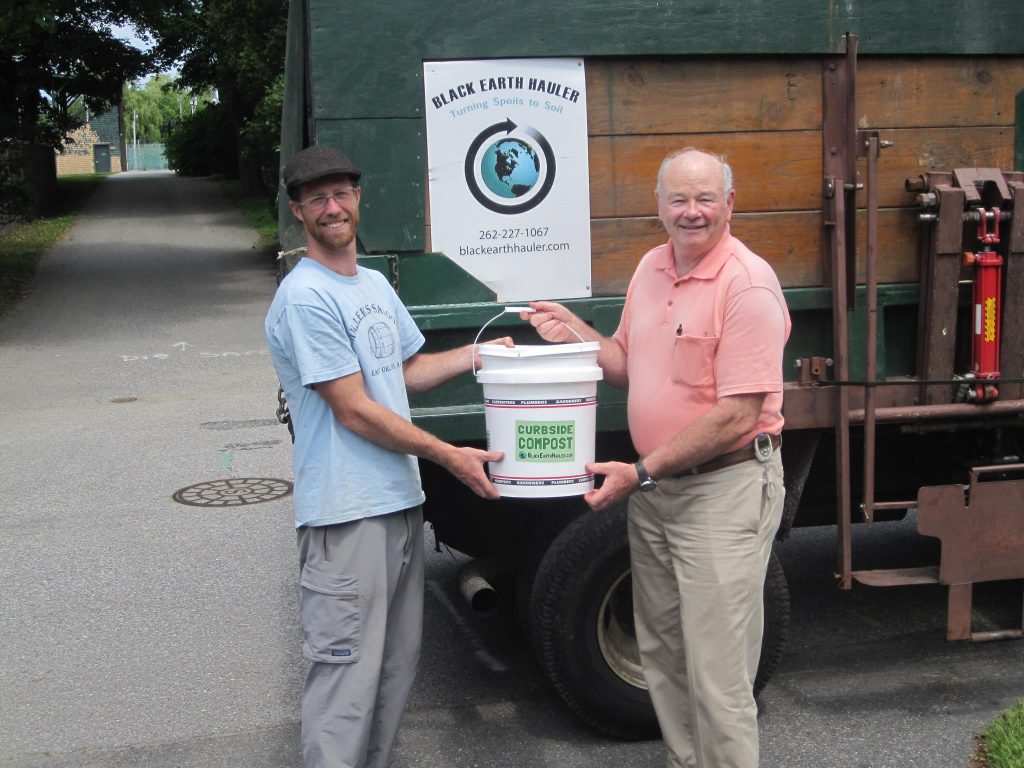
Conor Miller (left) of Black Earth Compost
Who do you serve, and how can people get in touch with you if they want to start composting?
Conor: We serve eastern MA commercial stops and residents. They can sign up on our website.
How much organic material do you typically take in on a weekly basis?
Conor: We collect about 180 tons/week.
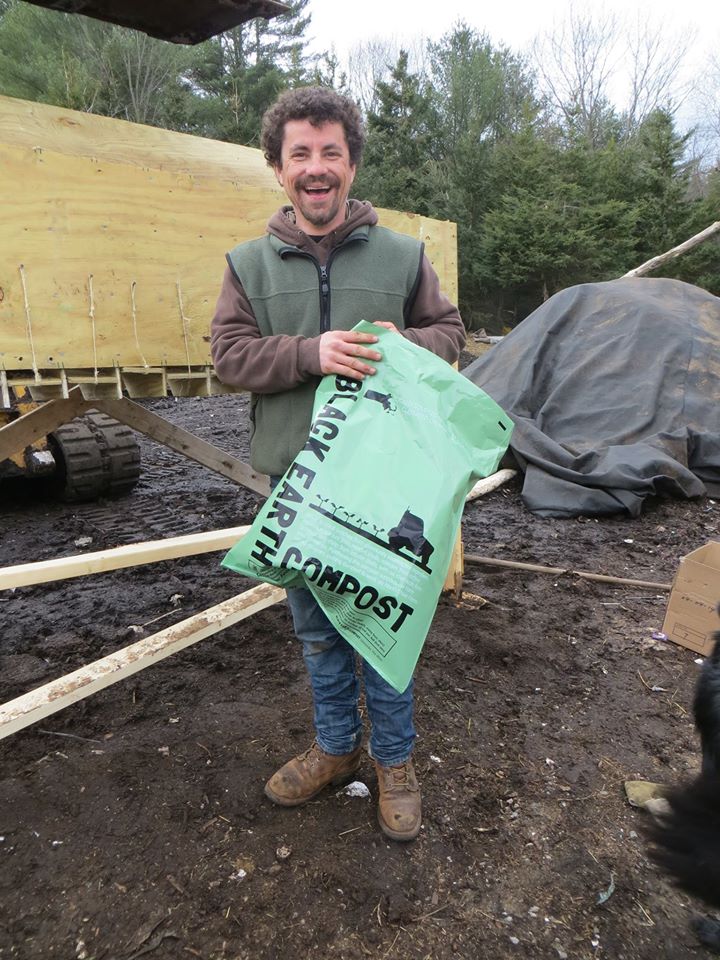
Please give us one fun fact about your business.
Conor: We invented and build our own toter lifts and [currently have] 18 trucks, probably three times more organics trucks than any other company in New England.
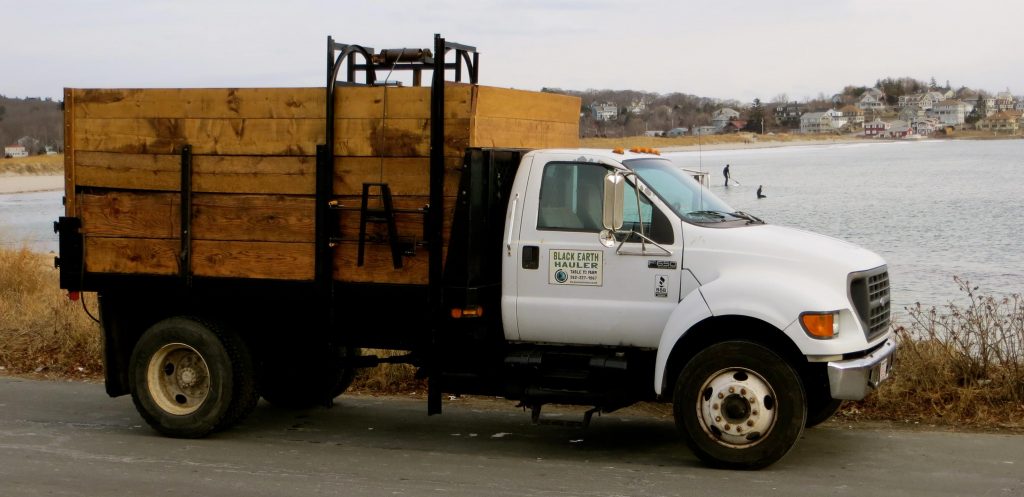
If you would like to be featured in a future edition of Community Heroes, please email us at marketing@biobagusa.com.
